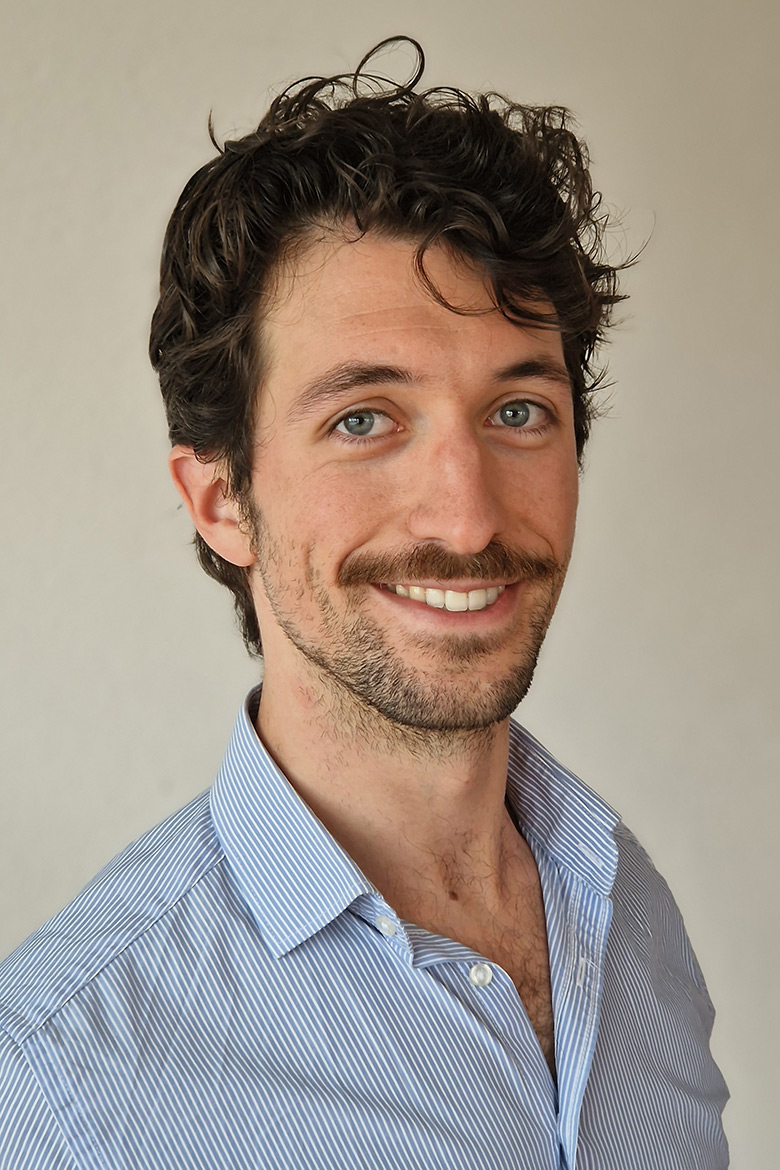POINT OF VIEW
“My failed start-up made me more peaceful”
Lucian Cucu talks about his failure with the spin-off Revenso at EPFL and the ultimate reward.

Lucian Cucu doesn’t regret having co-founded Rovenso, the EPFL spin-off that developed surveillance robots. | Photo: zVg
People who found spin-offs know that the risk of failure is always possible. But amongst those who experience failure, there are few who go public. Lucian Cucu is an exception. In 2016 he co-founded the company Rovenso which produced surveillance robots for challenging or dangerous situations. In the autumn of 2022, the company had to file for bankruptcy.
Lucian Cucu, what made you have to draw a line under the Rovenso adventure?
Everything depends on what perspective you adopt. We were caught off guard by a change in governance on the side of the investor. It was a bit surprising, because we had just signed on a big client, and we were getting ready to deploy robots in Berlin and in Israel. We were also the first to have a robot doing the rounds at an airport. I think also that we had too many variables in the product: each client had its requirements, and the project became technically over-complex to produce. We also had to organise lots of demos, which burned up our resources. Then there was the pandemic, which didn’t help.
What do you take away from this adventure?
Personally, I’m extremely grateful to have met the other co-founders. It was also a rare chance to innovate. The actual failure made me more peaceful. I realised that the world would continue.
All of that seems very upbeat. Didn’t failure come with negative consequences?
Yes, of course, I had a very bad summer in 2022. During the negotiations, I felt impotent and extremely frustrated. Tears fell. And I was ill throughout my entire holiday. My immune system was on its last legs.
Doesn’t it bother you to talk about it so openly?
The Swiss common practice is not to talk about one’s failures. But there’s nothing to be ashamed of. My co-founder Thomas Estier announced the bankruptcy on LinkedIn, leading to lots of people going to him. Transparency has the advantage of creating clarity for clients, suppliers and others concerned.
So, would you advise students to found spin-offs?
Absolutely. The world of spin-offs cannot be apprehended by other means. It’s the opportunity to experiment with freedom and independence. And the difficult road is always rewarding. It’s perhaps a Protestant attitude (laughs).
What are you doing these days?
I was lucky to find an investor who took on the five members of the technical team and integrated them into a larger group. It’s very interesting work and an extraordinary happy ending.




